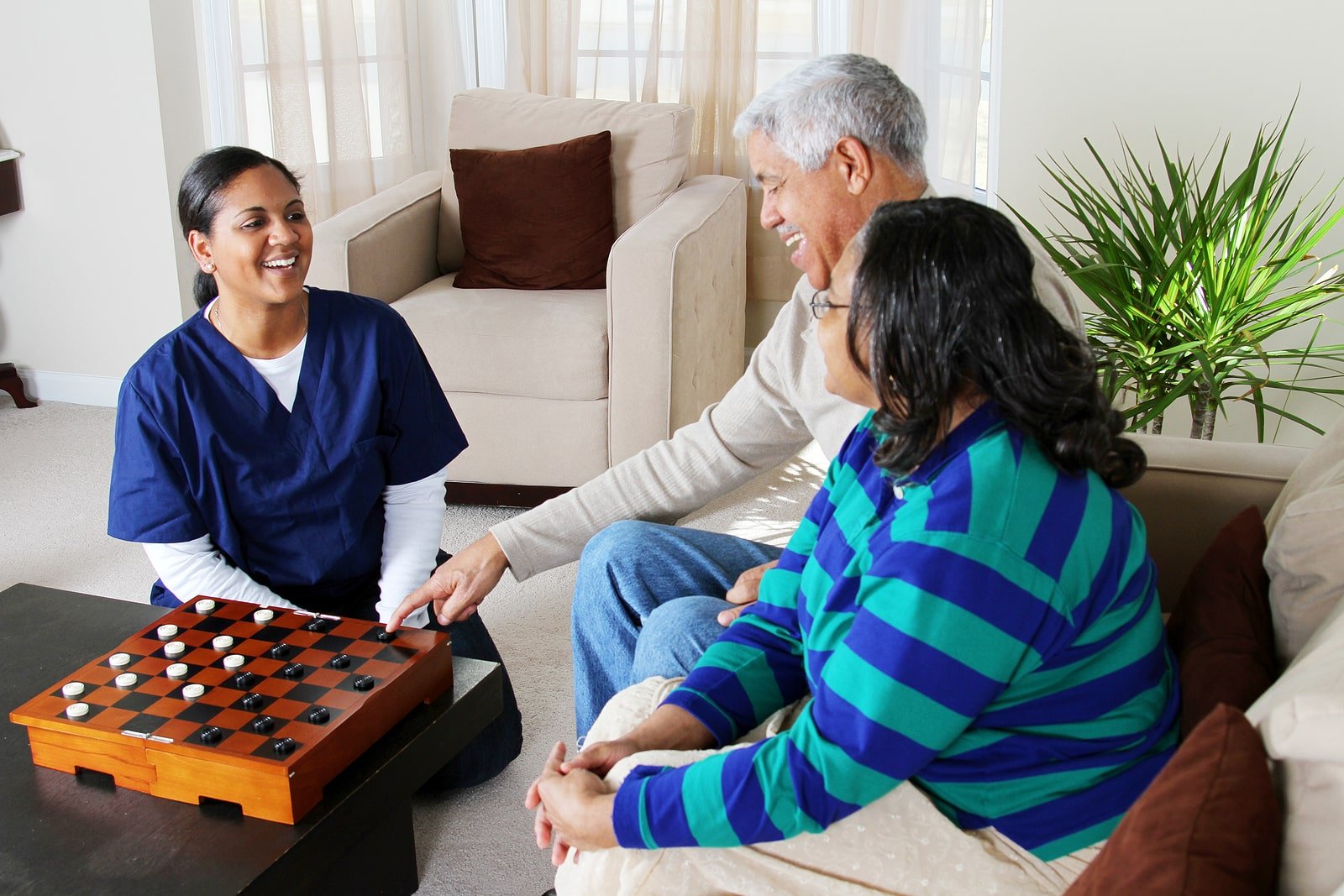What Kinds Of Home Care Are Available And How Do They Help?

If you or a member of your family needs more support with their day-to-day lives, but doesn’t want to or isn’t ready to move into a care home, there are many ways in which a home carer could provide support.
Helping people to live well as they age is increasingly important, as we know that if the right level of support is provided earlier for those who develop relatively minor health issues then the number of emergency hospital admissions will fall.
But what kind of support is available and how can you access it? There are 5.8 million unpaid carers in the UK, many of whom give up their jobs or change their working patterns to support their family members.
However, both the people being cared for and those providing unpaid care could benefit from additional home care support.
So, what are the different kinds of home care you can access? The following are four options for those who want to remain in their own homes and receive support to live independently:
- Companionship
- Night care
- Personal care
- Dementia care
Companionship
For those living alone, companionship can be a lifeline. Having someone who regularly visits to chat, do a hobby with you or simply be around the house for a few hours each week can make all the difference to your wellbeing.
Loneliness has a number of side effects on our physical and mental health, with chronic loneliness thought to increase the risk of early mortality by as much as 26 per cent. It also causes mental distress and can lead to elevated blood pressure.
If you are caring for someone else, chances are that you can’t be around all the time. Having home care for companionship can ensure that the burden of looking after your loved one doesn’t all fall on your shoulders.
Night care
Overnight care is often one of the trickiest aspects of care to manage if you don’t live with the person you’re supporting. Even if you do live in the same home, getting up to support a loved one during the night can put an additional strain on you and prevent you from sleeping properly.
Having a dedicated and qualified night care assistant can therefore mean that you not only get an uninterrupted night’s sleep, but also that you can rest knowing that there is someone who is highly capable to support your loved one with anything they need, whether pain management or assistance to go to the bathroom.
Personal care
Personal care is one of the most sensitive areas of care and one that we know can be a difficult topic. This can range from providing support with bathing to helping someone get dressed and plenty in between.
Some family members may prefer to provide personal care for their loved ones, while others would prefer to hand this over to qualified and experienced professionals. This is completely understandable and can help take some of the burden off those providing care for the rest of the time.
Dementia care
When someone develops dementia, managing their complex needs can be a challenge alone. Having the support of dedicated professionals can therefore be invaluable. There are many ways in which someone can live well with dementia, particularly in the early years after their diagnosis.
Eating well, being socially active and exercising regularly can all help to support someone with dementia to stay in their own home for longer. Dementia care can be an essential support for families who are dealing with this diagnosis and adjusting their lives to provide support.